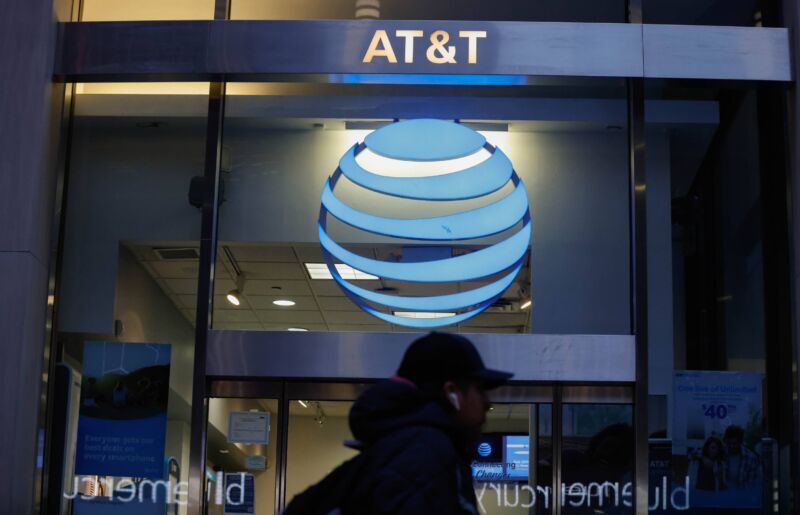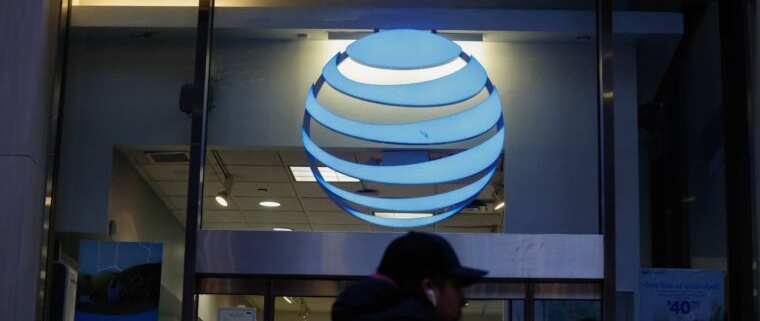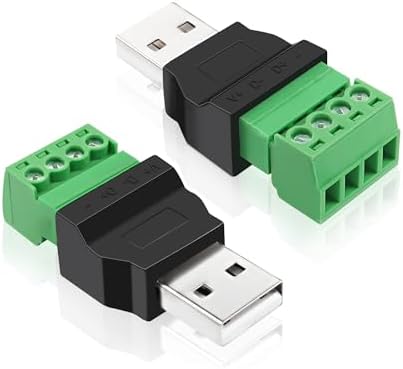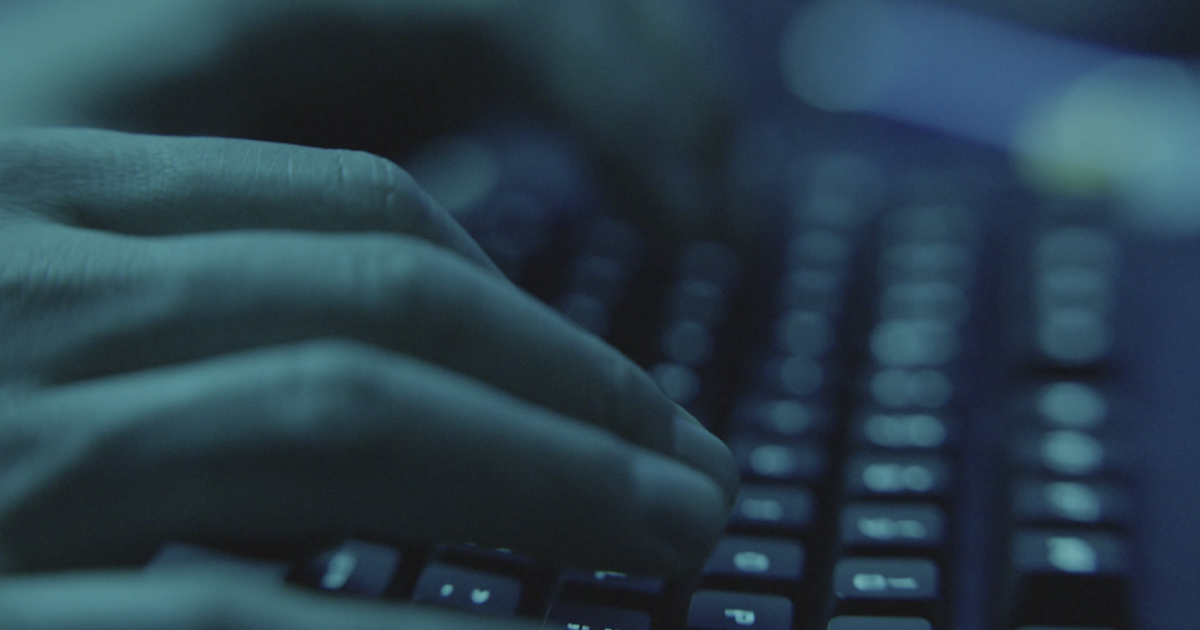AT&T acknowledges data leak that hit 73 million current and former users

Getty Images | VIEW press
AT&T reset passcodes for millions of customers after acknowledging a massive leak involving the data of 73 million current and former subscribers.
“Based on our preliminary analysis, the data set appears to be from 2019 or earlier, impacting approximately 7.6 million current AT&T account holders and approximately 65.4 million former account holders,” AT&T said in an update posted to its website on Saturday.
An AT&T support article said the carrier is “reaching out to all 7.6 million impacted customers and have reset their passcodes. In addition, we will be communicating with current and former account holders with compromised sensitive personal information.” AT&T said the leaked information varied by customer but included full names, email addresses, mailing addresses, phone numbers, Social Security numbers, dates of birth, AT&T account numbers, and passcodes.
AT&T’s acknowledgement of the leak described it as “AT&T data-specific fields [that] were contained in a data set released on the dark web.” But the same data appears to be on the open web as well. As security researcher Troy Hunt wrote, the data is “out there in plain sight on a public forum easily accessed by a normal web browser.”
The hacking forum has a public version accessible with any browser and a hidden service that requires a Tor network connection. Based on forum posts we viewed today, the leak seems to have appeared on both the public and Tor versions of the hacking forum on March 17 of this year. Viewing the AT&T data requires a hacking forum account and site “credits” that can be purchased or earned by posting on the forum.
Hunt told Ars today that the term “dark web” is “incorrect and misleading” in this case. The forum where the AT&T data appeared “does not meet the definition of dark web,” he wrote in an email. “No special software, no special network, just a plain old browser. It’s easily discoverable via a Google search and immediately shows many PII [Personal Identifiable Information] records from the AT&T breach. Registration is then free for anyone with the only remaining barrier being obtaining…


